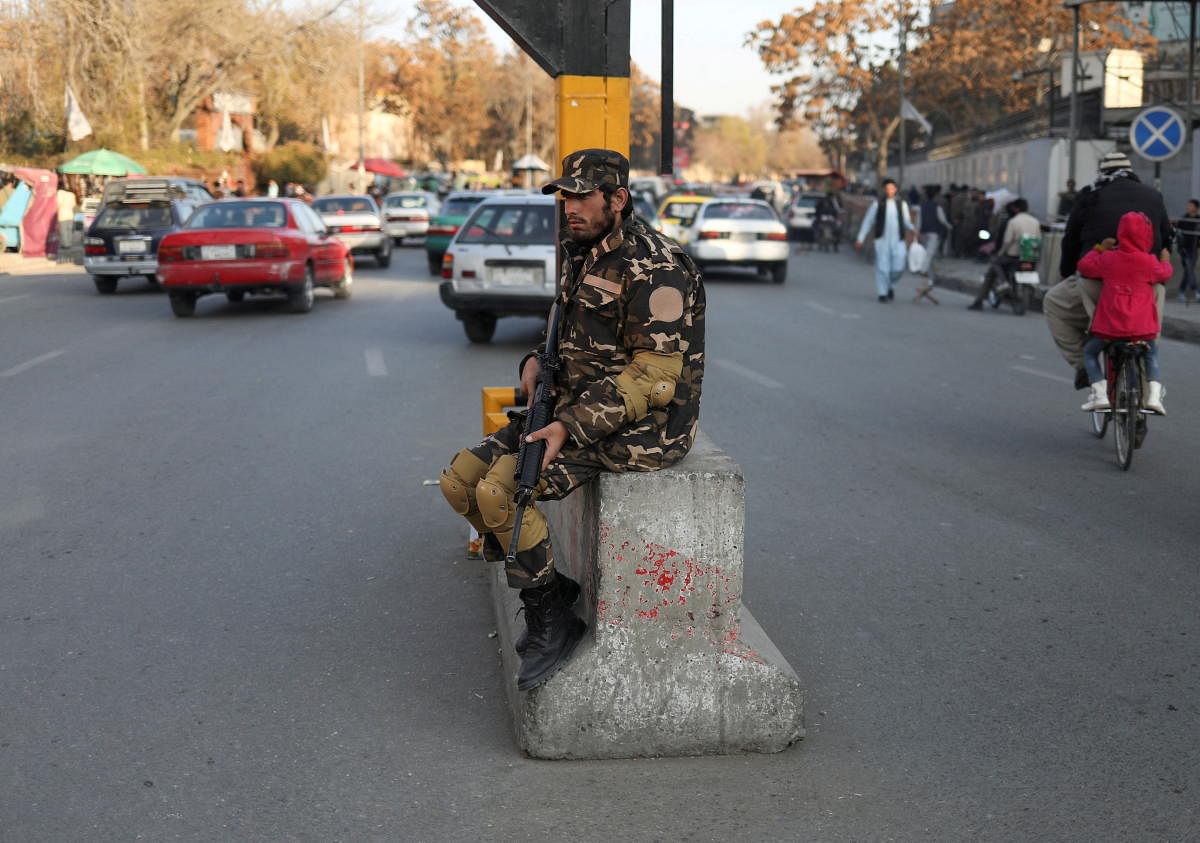
It is becoming increasingly evident that India’s outreach to Afghanistan will focus on a regional approach that includes Iran and the five Central Asian States of Kazakhstan, Kyrgyzstan, Tajikistan, Turkmenistan, and Uzbekistan. At the third India-Central Asia dialogue that New Delhi hosted on Sunday, the foreign ministers of India and the Central Asian States worked on forging a broad consensus on Afghan issues. Sunday’s meeting came just a little over a month after the national security advisers of the Central Asian States and Iran were hosted in Delhi for a regional security dialogue. As in November, at Sunday’s meeting, the foreign ministers stressed commitment to the formation of “a truly representative and inclusive government” in Afghanistan, and agreed that combating terrorism and drug trafficking, providing immediate humanitarian aid, and preserving the rights of women, children and minorities are priorities. All six countries are deeply concerned over terror groups operating out of Afghan soil. Importantly, the six countries are on the same page with regard to trade via Iran’s Chabahar port. With India’s aid to Afghanistan via Pakistan yet to overcome obstacles that Islamabad continues to raise, it is evident that goods whether headed to Afghanistan or beyond to the Central Asian States will have to take the overland route via Iran. India has done well to step up its engagement of Central Asia as part of its Afghan strategy. It cannot afford to wait endlessly for Pakistan to open the overland route.
On Sunday, even as India met with the Central Asian foreign ministers, Islamabad hosted an extraordinary conference of member-states of the Organisation of Islamic Countries (OIC). Although the Islamabad meeting did not see any country pledging aid, the president of the Islamic Development Bank came up with several financing proposals, which should help countries extend support to Afghans without having to deal directly with the Taliban.
Afghans are in urgent need of humanitarian assistance and any further delay in getting across food and medicines to the Afghan people could cost heavily in terms of human lives. India is thus frustrated at not being able to get across aid via the shortest overland route through Pakistan. But there is an option – the route via Iran, which India must use immediately. Four of the five Central Asian States are engaging the Taliban at the ministerial level. Delhi must leverage its connections with the Taliban regime to get food and medicines across to the Afghan people. Cooperating and coordinating strategies over Afghanistan with Iran and the Central Asian States will pave the way for a greater Indian presence in Central Asia.